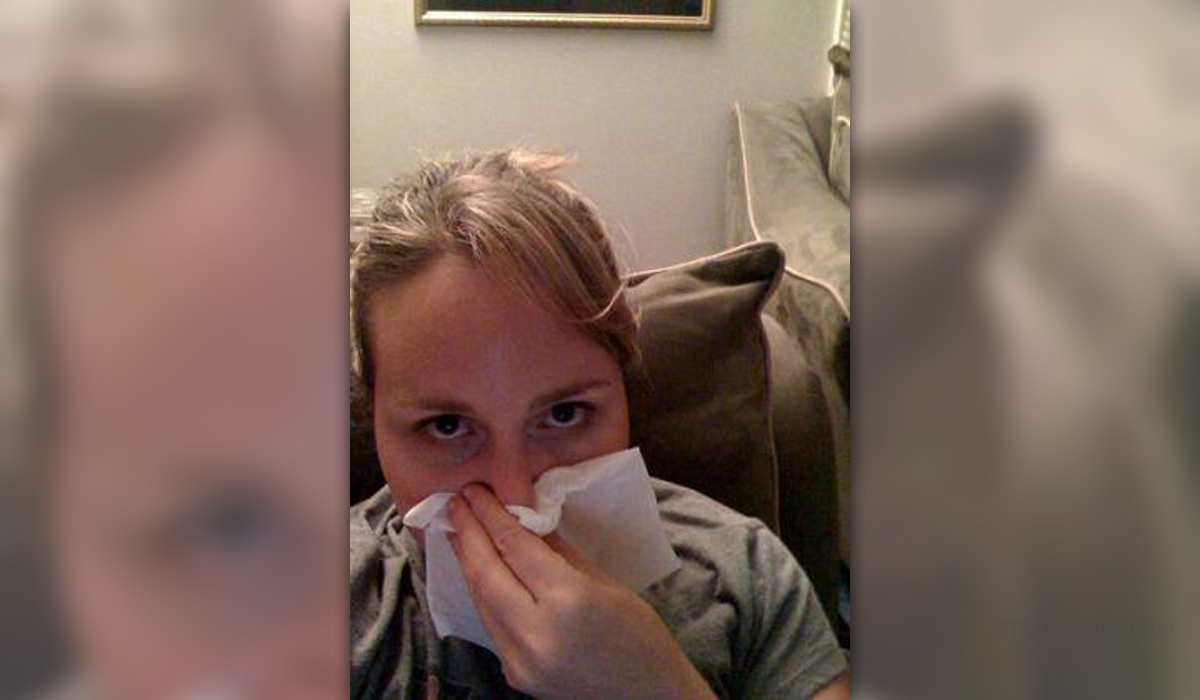
Allergies and viruses are the main cause of sinus infections. In treating sinus infections, doctors always prescribe antihistamines, antidotes to histamine, a substance that the body produces during the allergy. Antihistamines can be taken over-the-counter, but it is important to consult the doctor for the right dose. Side effects of antihistamines are feeling sleepy, dry throat and mouth, headaches and dizziness.
Doctors prescribe also a decongestant which helps relieve the blocked nose. Antihistamines often contain a decongestant. Decongestants can be bought without prescription. They help clear out the nose congestion and thus a person can breathe easily through the nose. Decongestants slow the blood flow in the blocked nose to the nasal membranes and decrease the inflammation and a pressure in the nose. The result is the ability to breathe again through the nose. However, if the nose is runny, this cannot help. People with heart conditions or high blood pressure should be careful. They should not take decongestants on their own because they increase the blood pressure. A physician must be consulted anyway.
Leokotrienes medicines are used if the cause of sinus infection is asthma. The inflammation in the nose and in the sinus is relieved but some side effects pose a problem. A person may come out in a rash, have headaches, dry nose and mouth, even bleed and have problems with the stomach.
Mucolytics dissolves the nose secretion, the mucus and can be found in liquid or tablet form. The best way to use it, though, is to inhale it through nebulizer. It helps reduce the coughing too. Mucus is then coughed out. If this does not help, a suction apparatus is involved in treatment which eject the secretion from the nose. This treatment is often given to children.
Steam inhalation and nasal saline which moisturizes the nose have an immediate and beneficial effect. This is the safest way to ease the breathing difficulties since it does not have any side effects. The therapy lasts for about three to five days.
When the infection is really bad, a doctor includes steroids in the treatment, so-called glucocorticostroids. These medicines are not that tolerable to people due to the numerous side effects. They influence on the appetite, the blood pressure, stomach, sleeping and moods. Blood pressure increases, as well as the level of sugar in blood, a person puts on the weight and has an upsetting stomach. Changes in the mood and problems with sleeping are also common. These medications can be injected, used orally or simply put on the skin. These side effects disappear once you stop taking the steroids.
A doctor can choose from various medications for sinus infections as there are a lot of them and often includes some of the antibiotics, decongestants, inhalation, mucolytics, leokitrienes, treatment with nasal saline and other. Other alternative methods includes home and herbal remedy.




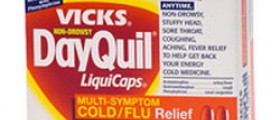

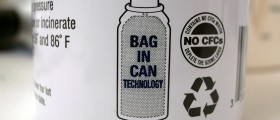

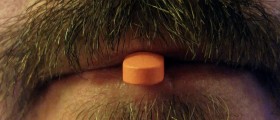







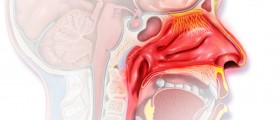
Your thoughts on this
Loading...